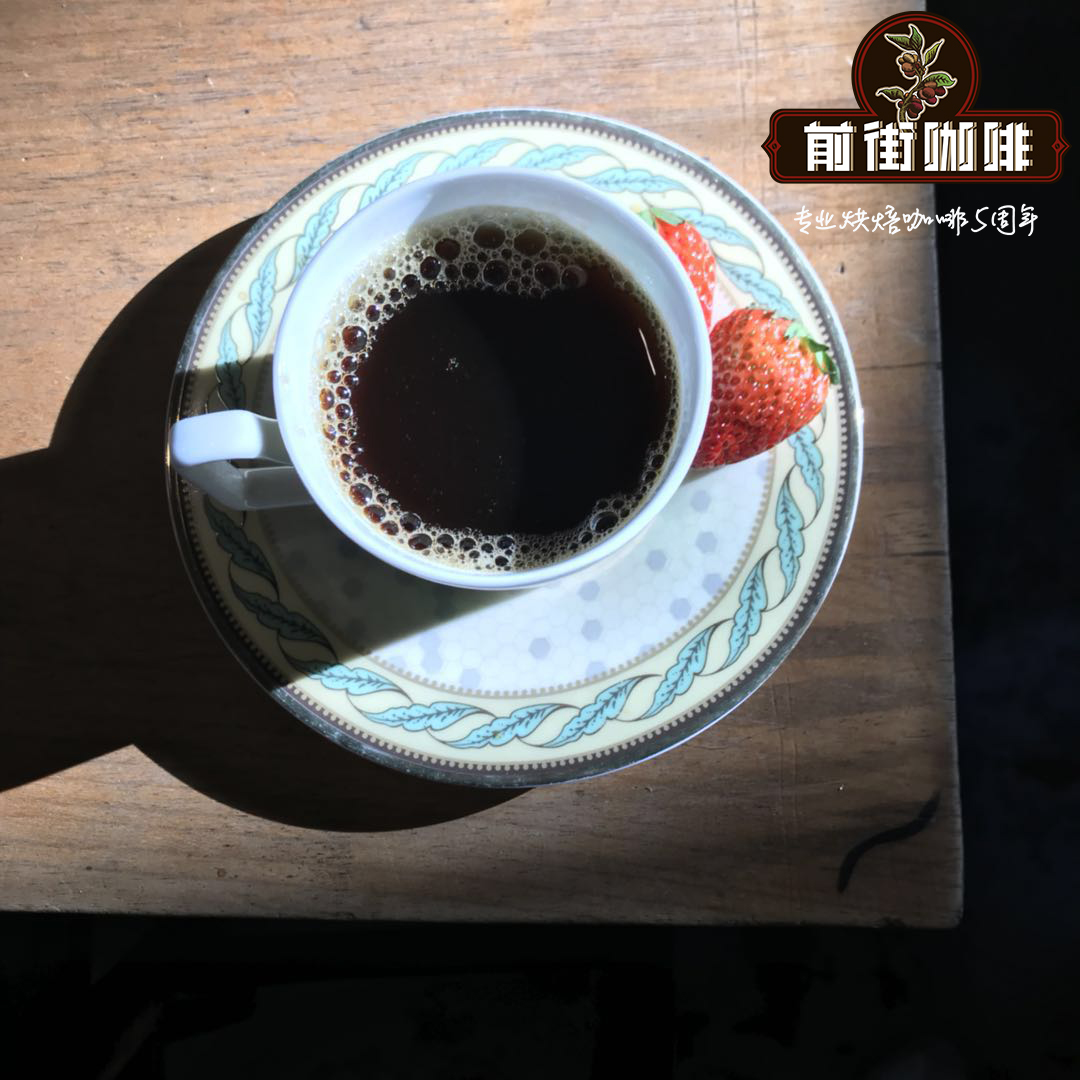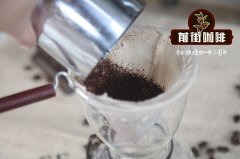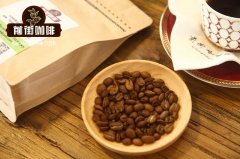100% Arabica coffee beans = good coffee? The types, advantages and disadvantages of coffee beans

Professional coffee knowledge exchange more coffee bean information please follow the coffee workshop (Wechat official account cafe_style)
Types of coffee beans:
There are more than 100 kinds of coffee in the world, but at present there are two most common coffee beans: Arabica and Robusta
There are differences in flavor, caffeine ratio and planting conditions between the two kinds of coffee, so here is a brief analysis of the differences between the two:
1. Arabica
Planting conditions: 800m-2000 m above sea level
The price is higher (it is more difficult to plant), the flavor is smooth and sweet, the caffeine content is lower.
two。 Robusta
Planting conditions: below 800 meters above sea level
Basically, the price is only half that of Arabica (low insect pests, faster results), the flavor is more bitter and the caffeine content is higher.
{the level of price does not represent quality} {the level of price does not represent quality}
Because of its relatively low price and high caffeine content, Robusta is often used to mix instant coffee for sale. Because the consumers they are facing tend to have the effect of "affordable price and relieving fatigue at the same time"
There are also many coffee advertisements that emphasize "100% use Arabica coffee beans" to imply that consumers "our coffee is of good quality."
Let's get back to the point. {the price does not represent the quality}.
High-quality robusta beans can even taste better than poor-quality Arabica beans, so you can't just look at / listen to the beans used by this store and take the coffee out of context.
At present, it is quite popular in China to teach coffee knowledge, and there are quite a lot of people participating in it. In fact, this is very optimistic for the coffee industry. After all, the popularization of coffee knowledge can make people more receptive to coffee products.
The prices of coffee courses on the market range from thousands to tens of thousands, from the introduction of theoretical knowledge to certificate courses, it can be seen that the foreign culture of coffee has been gradually accepted by the Chinese people. 🎉🎉
At the same time, there are also some "coffee masters" who teach people to make coffee after learning basic theories. Take this picture as an example, entitled "A picture teaches you Arabica and Robusta." in this picture, the left is indeed Arabica (type S) and the right is Robusta. BUT! Does this criterion apply to all coffee beans? If you learn to distinguish the types of coffee beans in a single picture, do real coffee professionals who have studied coffee for decades need to do further research on coffee?
The quality of coffee is a very subjective idea. Even if this store sells top boutique coffee beans for $3,800 / lb, some people will think it tastes mediocre and is not worth the price. Some people will think that the idea that "this is the real coffee" is very subjective, so the final answer is really "like" and "don't like", and there are many reasons: too sour, too bitter, too astringent, too expensive. Etc.
Low-quality coffee beans also have their own market, because the price is more close to the people, so it is accepted by many people. When the price meets their expectations, as long as the taste does not deviate, many people will give it a "like" evaluation.
I am glad that many people who come to taste the coffee can share what they know about the coffee. The editor has benefited a lot. I hope you can share their favorite coffee and thoughts. 🙇♀
Important Notice :
前街咖啡 FrontStreet Coffee has moved to new addredd:
FrontStreet Coffee Address: 315,Donghua East Road,GuangZhou
Tel:020 38364473
- Prev

This cup of cat poop coffee wasn't actually pooped out? The origin of artificially produced cat poop coffee
Professional coffee knowledge exchange More coffee bean information Please pay attention to coffee workshop (Weixin Official Accounts cafe_style) Indonesian cat feces coffee, also known as cat feces coffee, is recognized as the most expensive and top-grade coffee in the world. Because wild civets will select the most ripe, sweet and juicy coffee fruit in coffee trees, after the pulp is digested, the coffee beans and feces are excreted together.
- Next

Introduction to the types of coffee: blue Mountain, Java, Manteau, Mocha, Brazilian Coffee varieties and characteristics
Professional coffee knowledge exchange more information about coffee beans Please follow the coffee workshop (Wechat official account cafe_style) there are four kinds of coffee trees in the world that are really commercially valuable and have been widely planted. One is the Elaraby species (ARABICA), and the other is the Robasta species (KOBUSTA). Different varieties of coffee beans have different tastes, but even the same
Related
- Detailed explanation of Jadeite planting Land in Panamanian Jadeite Manor introduction to the grading system of Jadeite competitive bidding, Red bid, Green bid and Rose Summer
- Story of Coffee planting in Brenka region of Costa Rica Stonehenge Manor anaerobic heavy honey treatment of flavor mouth
- What's on the barrel of Blue Mountain Coffee beans?
- Can American coffee also pull flowers? How to use hot American style to pull out a good-looking pattern?
- Can you make a cold extract with coffee beans? What is the right proportion for cold-extracted coffee formula?
- Indonesian PWN Gold Mandrine Coffee Origin Features Flavor How to Chong? Mandolin coffee is American.
- A brief introduction to the flavor characteristics of Brazilian yellow bourbon coffee beans
- What is the effect of different water quality on the flavor of cold-extracted coffee? What kind of water is best for brewing coffee?
- Why do you think of Rose Summer whenever you mention Panamanian coffee?
- Introduction to the characteristics of authentic blue mountain coffee bean producing areas? What is the CIB Coffee Authority in Jamaica?

